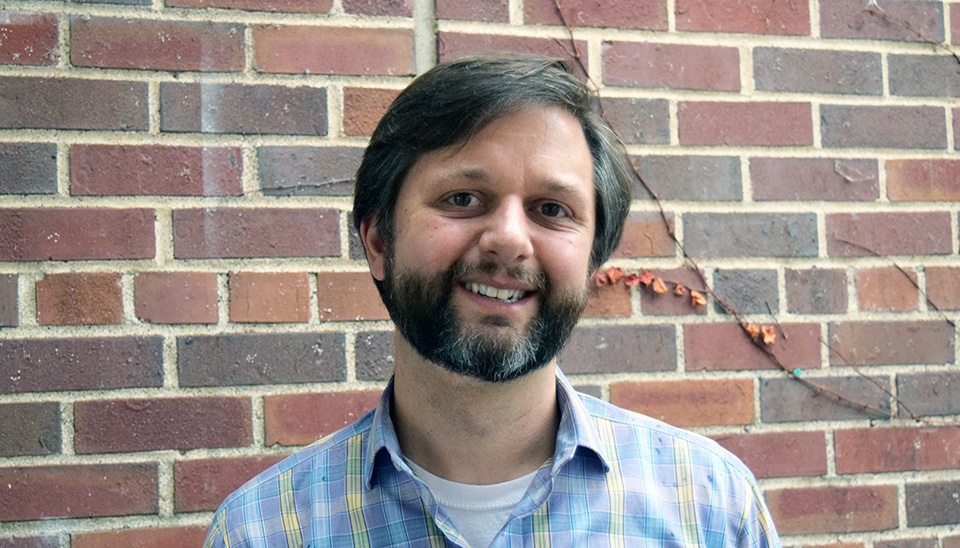
George Dalbo is PhD candidate in social studies education who want to help teachers to educate for and about human rights in the classroom.
What is your research focus?
Broadly, my research interests are focused around Holocaust, genocide, and human rights education in K-12 spaces, especially middle and high school classrooms and curricula. For my dissertation research, I am interested in conducting a comparative case study examining the ways in which genocide, especially the genocide of Indigenous peoples, is taught in schools in Minnesota and Manitoba.
What drove you to enroll in the Ph.D. in Social Studies program?
I had been a middle and high school social studies teacher for ten years before entering the program. During these ten years, I had developed and taught a Holocaust studies elective course, which, as I learned more through my independent reading and professional development, transitioned into a comparative genocide studies elective course. Despite the Holocaust and genocide education resources that exist for teachers, I had many questions about how to best approach these difficult subjects with students. These questions ultimately drove me to pursue a Ph.D. in social studies education. In fact, despite being a full-time doctoral student, I continue to teach my comparative genocide studies elective each spring. This has allowed me to bring my study and research into the classroom.
What do you hope to get out of your educational experience?
I hope to join a community of like-minded, critical scholars working to examine pressing social issues and work to challenge and reform how educational systems operate. I hope to gain the tools to (collaboratively) research and write and to work with K-12 students, pre-service teachers, and practicing educators to better understand how to educate about and for human rights.
Were there any surprises and challenges along the way?
I have been most surprised by all of the opportunities that have presented themselves during my time in the program. For example, I had the opportunity to take an interdisciplinary graduate seminar class that not only included students across many different departments at the UMN but also students from universities in Helsinki, Finland and Bochum, Germany. While the UMN students met in person, our colleagues from Europe joined us via WebEx video conferencing. We had the opportunity to meet each other in person at a conference organized at the UMN where we presented our final class papers. Additionally, attending national and international conferences, such as the College and University Faculty Assembly (CUFA), American Educational Research Association (AERA), and the International Association of Genocide Scholars (IAGS) conferences have all given me the opportunity present my research and become a member of supportive networks of graduate students and professors from around the world. The department provides funding to help support attending such conferences.
While there have certainly been some challenges transitioning out of a middle/high school classroom and adjusting to graduate school, honestly, these challenges have been minimal, and the support of faculty, staff, and fellow graduate students has been plentiful. The core required courses in the department (CI 8134 and CI 8135) provided an invaluable introduction to the department, graduate school, and educational research with fellow first-year graduate students.
What has been your experience with the faculty?
My experience with faculty both in Curriculum and Instruction, as well as outside of the department, has been fantastic! Graduate classes are small, typically 10-12 students, which allows you to get to know faculty in a more intimate setting. Everyone I have encountered in (and out) of the department has been so supportive of my development as an academic. In addition to coursework, faculty in the social studies have been supportive as I took on new roles as a university supervisor, supervising pre-service teachers during their field placements and as an instructor within the licensure program. In the end, the social studies department is a small group of faculty and graduate students, who work closely with, and support, each other through all aspects of the program.
Learn more about the PhD program in social studies education in the Department of Curriculum and Instruction.



